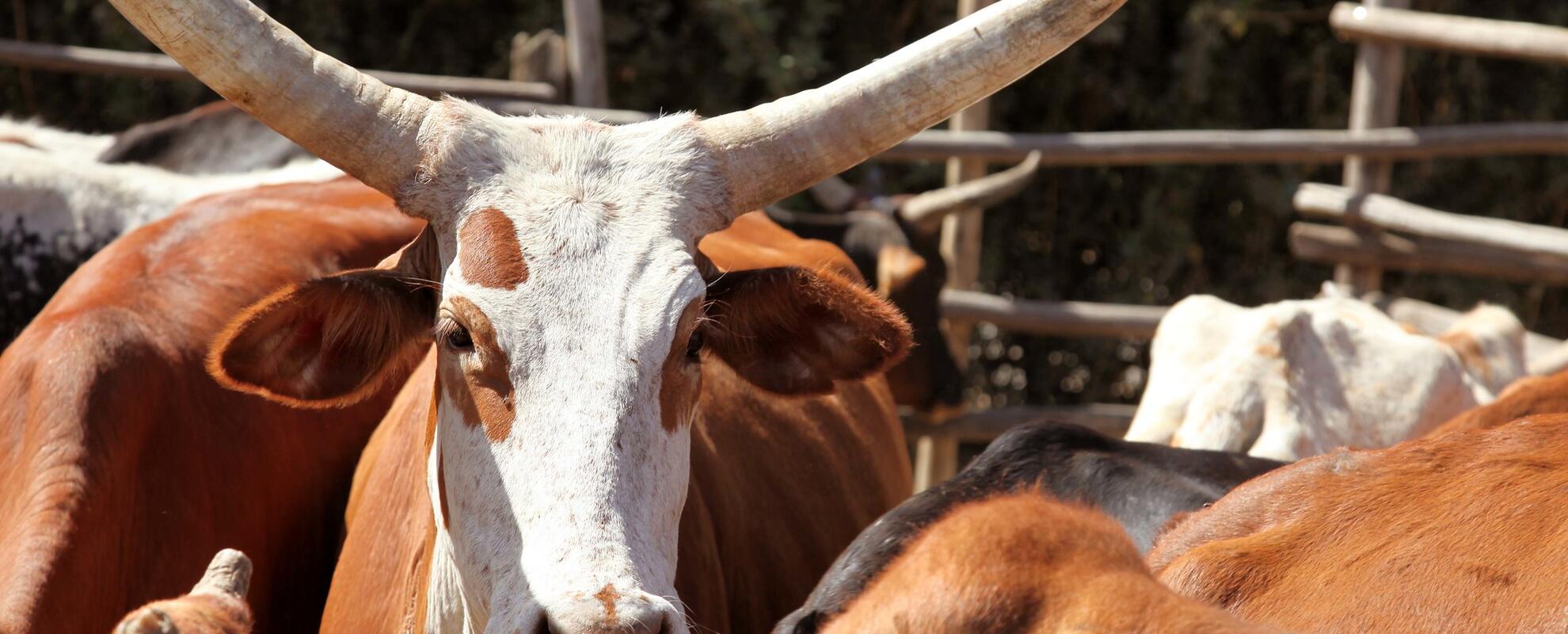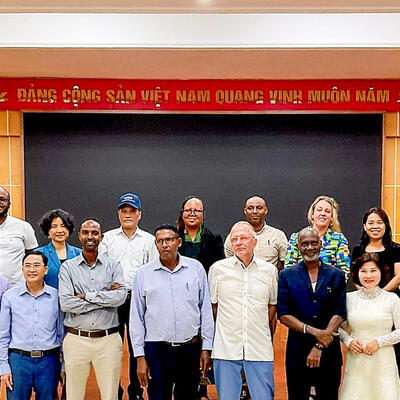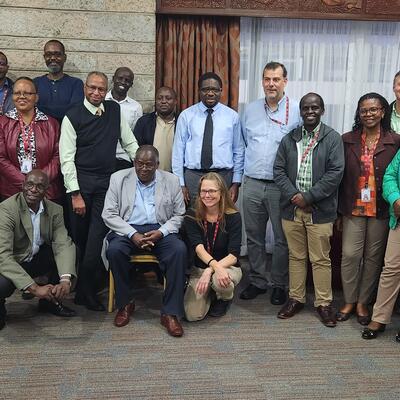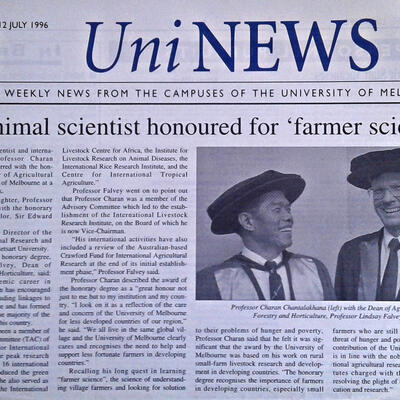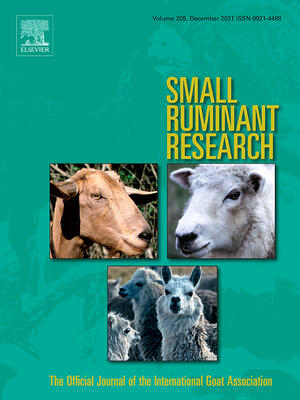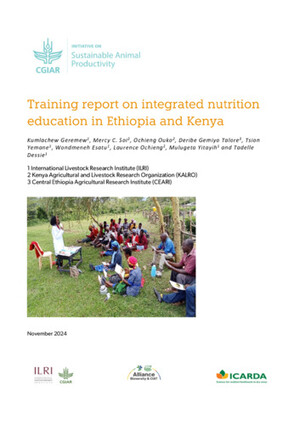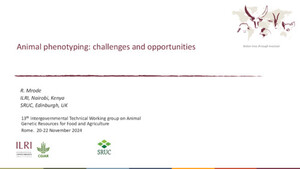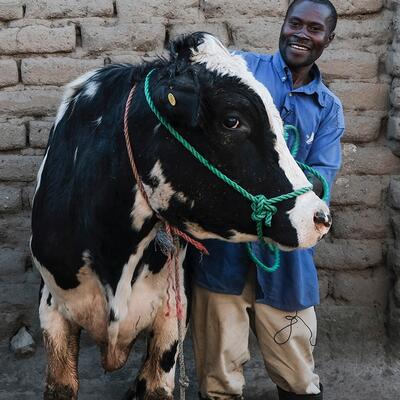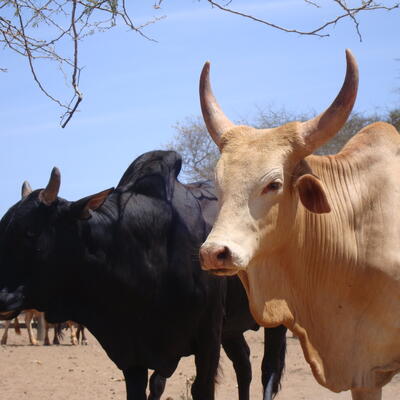
Enviro-Cow: a genetics approach to address climate change challenges in African livestock production systems
The International Livestock Research Institute (ILRI) recently launched in Ethiopia the Enviro-Cow project, a three-year initiative aimed at addressing the climate change challenges that African livestock production is facing.
‘African ruminant livestock are vital to millions of livelihoods but face double challenges when it comes to climate change,” said Raphael Mrode, lead scientist of Enviro-Cow. ‘They emit greenhouse gas (GHG) emissions, primarily methane, but they are also susceptible to climate change impacts such as heat stress and decreased feed. Although African governments have prioritized the reduction of livestock GHG emissions, there remain significant data and research gaps and this project is an initial step to address this gap.’
The Enviro-cow project has been designed to help African countries develop climate mitigation strategies by examining the emissions of dairy cows in Africa and their adaptive capacity to address the impacts of climate change. Funded by the Bill & Melinda Gates Foundation and led by Scotland's Rural College (SRUC), the project will be implemented by ILRI and partners in various parts of Tanzania and Ethiopia. The launch event attracted numerous stakeholders, such as the Ministry of Agriculture, the Livestock Development Institute, the Ethiopian Institute of Agricultural Research, the Amhara Regional Agricultural Research Institute and others.
Data on the methane emissions of approximately 700 cows from up to 80 dairy farms will be gathered. The animals will also be genotyped and the composition of their milk will be analyzed to detect any chemical indicators that might link to methane production. The researchers will also monitor the body weight of the animals to assess their feed efficiency and overall health and combine weather data with production data to determine how higher temperatures affect productivity. They will also collect feed samples to examine the impact of feed type on methane emissions.
Results from Enviro-cow project will be integrated into the current certification system to rank bulls and cows in the Asian and African Dairy Genetic Gains (AADGG) program. Top-ranking bulls and cows assessed for their productivity and adaptive potential will also include assessments on their climate-resilience and potential to produce less methane emissions through better feed utilization. These breeds will be available for breeding to communities through the national artificial insemination centres in Ethiopia and Tanzania.

As part of the launch event, AADGG lead scientist, Okeyo Mwai, officially handed over two laser methane detectors (LMDs) to state minister advisor Dr Alemayehu Mekonnen of the Ethiopia Ministry of Agriculture (MoA). The LMDs are the portable devices that will be used in the field by Enviro-cow researchers to directly measure methane emissions in animals.
'The role of research for the sustainability of the smallholder dairy system is paramount. And yet, we lack data quantifying GHG emissions, and we need to clearly understand the impact of smallholder farming on climate,’ said Dr Alemayehu Mekonnen. ‘The launch of this project enhances the opportunity to address the issue of improving productivity and efficiency by providing important data.'
The Enviro-Cow project offers the possibility for Ethiopia’s government and other stakeholders to take a significant step towards addressing the challenges facing African livestock due to climate change.

Read more about the Enviro-cow project and the launch of the project in Tanzania.





